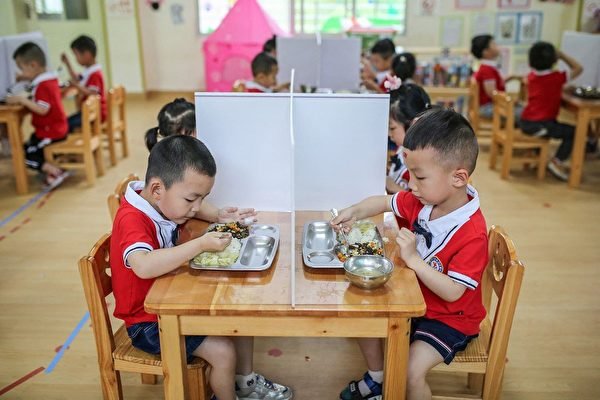A Beijing scholar sparked controversy by publicly questioning Kazakh officials on how to make female college students “truthfully and obediently have children,” triggering backlash from Chinese netizens who criticized the Chinese Communist Party for treating women as mere birthing tools.
On November 22, Erlan Karin, a state advisor from Kazakhstan, visited Renmin University in Beijing and delivered a public speech. During the Q&A session following the speech, Chinese scholar Wang Xianju raised the issue of Kazakhstan’s high birth rate compared to China’s low birth rate.
Wang Xianju noted that Chinese girls nowadays are generally unwilling to marry and have children, regardless of parental or leadership influence. He then went on to ask how Kazakh female college students could believe in obeying the authorities to have children early and in larger numbers.
In response to Wang Xianju’s question, Erlan Karin emphasized that Kazakhstan does not force women to have children, and respects their choices. He highlighted that Kazakh women actively participate in various aspects of society, including politics. Furthermore, Kazakhstan has passed laws related to child safety and women’s rights, establishing mechanisms to protect women’s rights. Additionally, revenues from oil and gas sales in Kazakhstan go into a national fund, from which every newborn receives dividends for future use in housing and education.
Public records indicate that Wang Xianju, who advocated for women to have children obediently, previously served in various roles including at the Chinese Embassy in Belarus and the Development Research Center of the State Council in China. His controversial remarks during the event led to widespread criticism online.
Following the publication of Karin’s speech and Q&A session on the WeChat public account of the China National Financial Research Institute on November 29, netizens expressed outrage at the notion of female students being viewed as birthing machines. The removal of the content from the public account after the controversy further fueled public condemnation.
In light of the ongoing debate, screenshots of the Q&A session continued circulating on social media platforms like Weibo, with many users expressing anger and calling for accountability from both the university and Wang Xianju. Criticisms ranged from labeling the comments as disrespectful toward women to questioning the officials’ treatment of people as mere tools for reproduction.
The incident highlighted broader societal issues, such as challenges faced by the younger generation, lack of comprehensive social security, and the need for solutions to support the underprivileged children of the next generation. Critics pointed out the disconnect between the officials’ insensitive remarks and the realities of struggling populations, emphasizing the importance of addressing fundamental social issues.
Decades after the Chinese Communist Party enforced the controversial one-child policy, China now finds itself grappling with a demographic crisis. In response, authorities have resorted to extreme measures to boost population growth, with various regions implementing peculiar pro-natal policies. Many have ridiculed the authorities, likening their approach to treating women as mere breeding sows in an effort to increase birth rates as a misguided solution to address demographic challenges.

